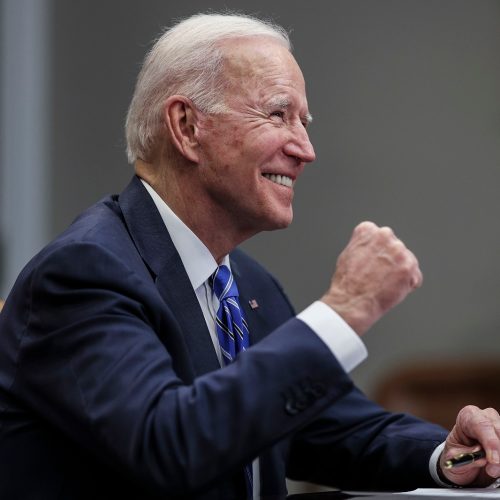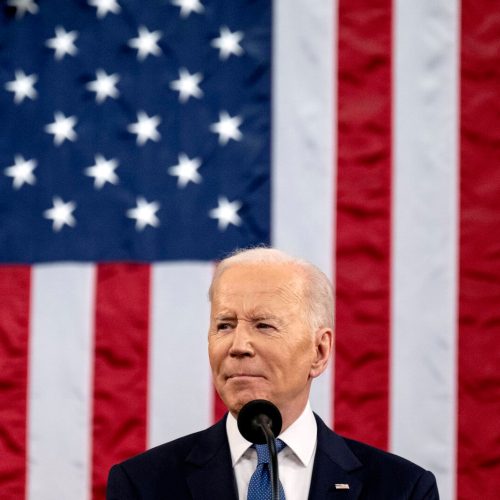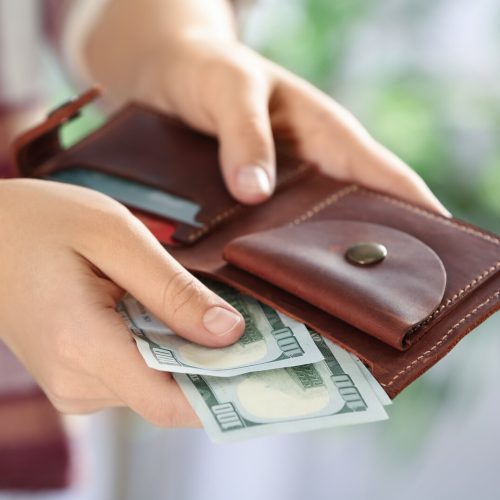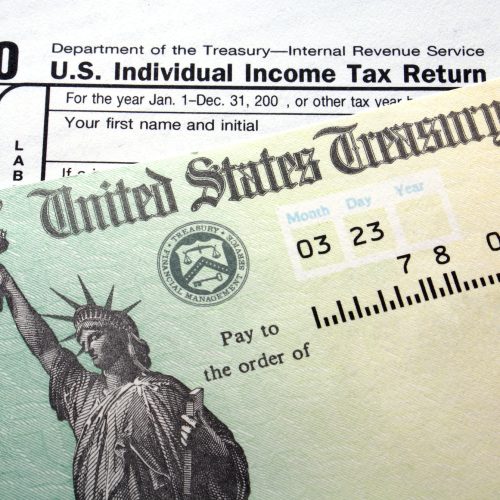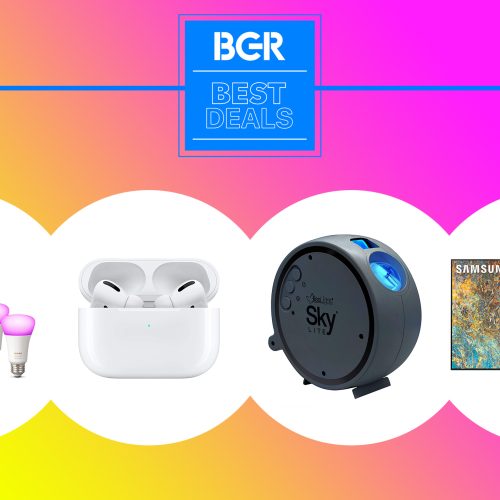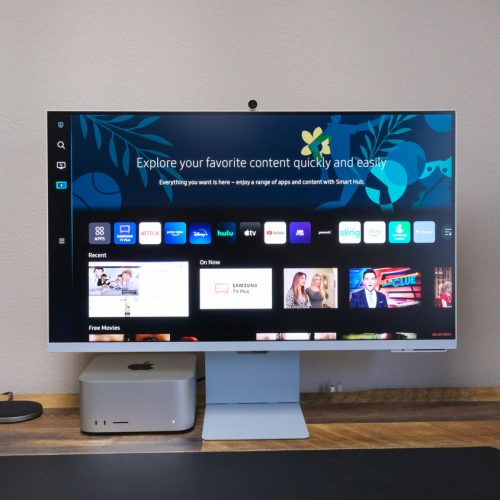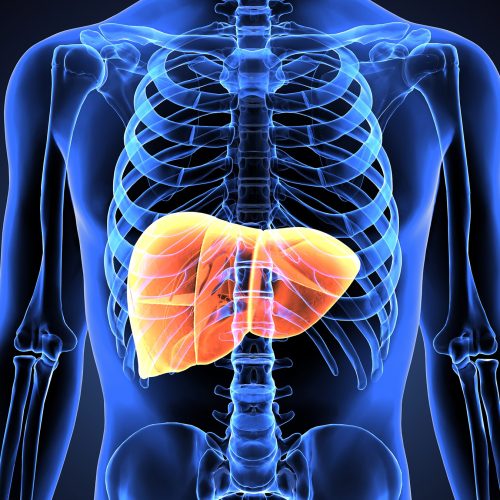Stimulus checks may have dried up at the federal level, but ambitious basic income projects underway now in at least 17 states aim to, if nothing else, at least fill the gap for people most in need. People like low-income mothers in such New York City neighborhoods as Washington Heights and Harlem, where they’ve started getting money through the city’s first basic income program.
In July, 100 such mothers started getting up to $1,000 a month, thanks to the $16 million Bridge Project. It was launched by a venture capitalist and his wife, according to The New York Times. The purpose: “To measure the effect of regular, unconditional stipends” on low-income recipients. And, importantly, that launch came roughly in tandem with the rollout of monthly child tax credit checks in the US.
Guaranteed basic income

There would ultimately be six of those monthly checks. But despite the Biden administration’s goal of sending out more of them this year? Unfortunately, there’s not enough support in Congress to do so.
Meanwhile, this basic income experiment is expanding. In April, for example, the program is adding several hundred expecting mothers in more New York City neighborhoods, including the South Bronx and East Harlem.
There are a few different cohorts participating in the program, and whose outcomes are being tracked. In one group of families, half are getting $500 per month for three years. The other half, $1,000 per month. In the second group of families, participants are getting $1,000/month for 18 months, then $500 for another 18 months. Finally, a “control” group of families gets no money.
Money experiment
It’s long been a staple of conservative politics that handouts by and large turn recipients into quasi-wards of the state. At this moment, however, the Economic Security Project is tracking more than 35 such basic income projects. They’re in place across at least 17 states. And the projects are distributing more than $25 million in total to more than 7,000 families, according to the group that advocates for direct-cash initiatives like these.
The aim is to bring an academic grounding to people’s understanding of this topic. To learn, with granular specificity, what the impact is of giving people a set amount of money — the aforementioned basic income — over an extended period of time. Studies have already shown, for example, that the child tax credit checks had a dramatic impact on child poverty in the US.
You can check out the link here, by the way, to get more details about the myriad state-level projects underway. And to see if your state is one of the participants.
“You’re talking about giving somebody money and letting them apply it to the highest-need area of life: keeping the heat on, contacting family in Venezuela, taking an Uber to the hospital, getting an unlimited MetroCard,” Megha Agarwal told the NYT. She’s the executive director of the Monarch Foundation, which runs the Bridge Project.

